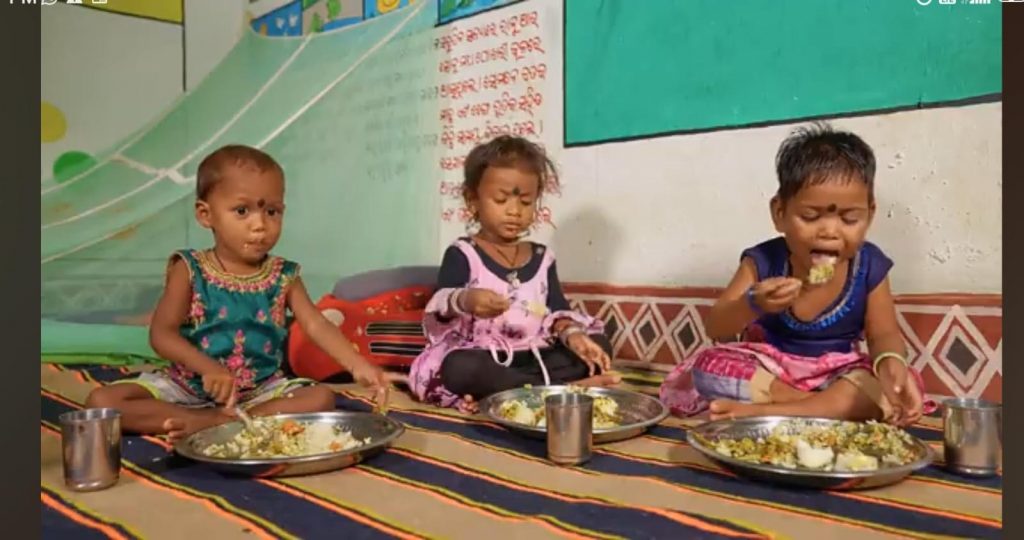Bhubaneswar: A coalition of non-governmental organisations has objected to the state government’s decision to abruptly end a vital nutrition programme for children of Particularly Vulnerable Tribal Groups (PVTG) communities under the Odisha PVTG Nutritional Improvement Programme (OPNIP) with effect from October 1, 2024.
In a press meet organised recently here, the members of Jana Swasthya Abhiyan, Lok Shakti Abhiyan and Odisha Khadya Adhikar Abhiyan released a joint statement expressing their deep concern over the government’s unilateral decision to discontinue the three year-old PVTG nutrition development programme. The programme, implemented in 89 Gram Panchayats across 12 districts, focused on providing essential nutrition, healthcare, and early childhood development services to children aged 0-3.
The coalition criticized the government for not consulting with elected representatives, tribal communities, or relevant advisory bodies before making the decision. They argued that the closure of the programme would have a devastating impact on the development and well-being of PVTG children, who are already disproportionately affected by malnutrition and poverty. “The first 1,000 days of a child’s life are crucial for their physical, intellectual, emotional, and mental development,” said Prafulla Samantara, a spokesperson for the coalition. “By abruptly closing this programme, the government is denying these children the opportunity to reach their full potential,” he said. They said that it is a matter of grave concern that the government has unilaterally stopped the three-year long nutrition development programme. The programme, which provided community-based creches and feeding centers, has been a lifeline for thousands of young children in the state, they said.
According to NGO coalition, there is a provision of Anganwadis for the nutrition and cognitive development of children in the age group of 3 to 6 years. But there is no longterm, institutional arrangement and adequate budgetary provision required for addressing the issue of under nutrition of PVTG children between 0 to 3 years of age.
Notably, the state government launched OPNIP in 2021 to address the specific needs of 13 PVTG communities in Odisha. The programme included community-based creches, maternal spot feeding centers, and spot feeding centers for children aged 3-6. These centers provided hot meals, regular growth monitoring, early childhood care, and early stimulation activities. The coalition urged the government to reconsider its decision and immediately reinstate the creche programme. They emphasised the importance of protecting the rights of tribal children and ensuring their access to essential services.
ARINDAM GANGULY, OP
